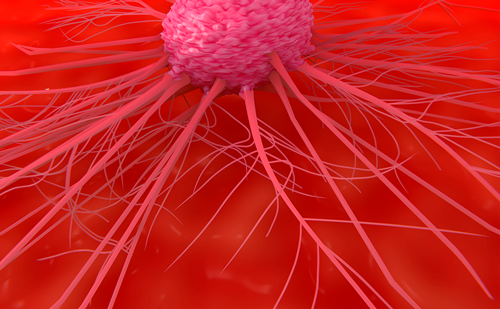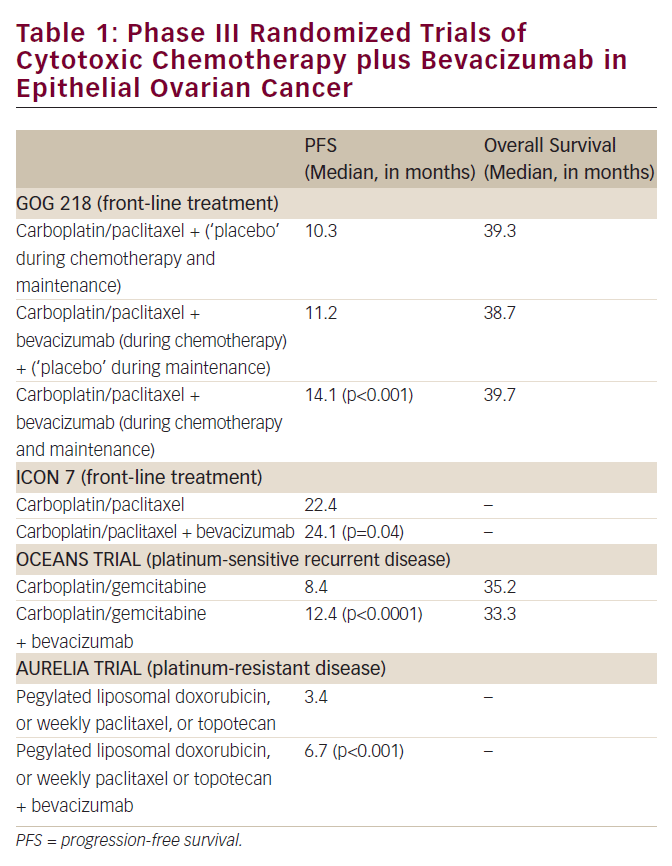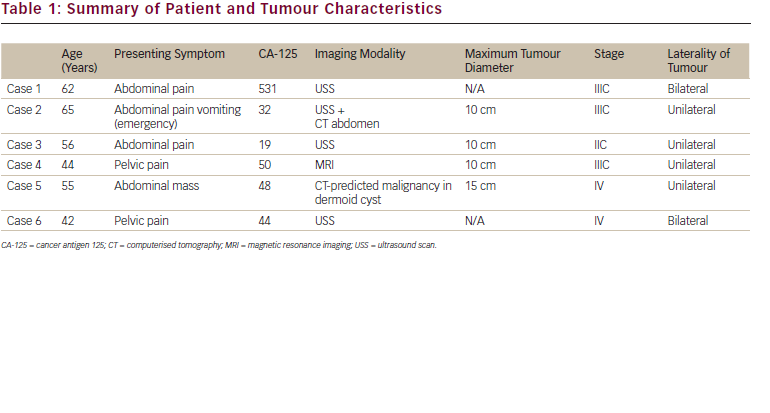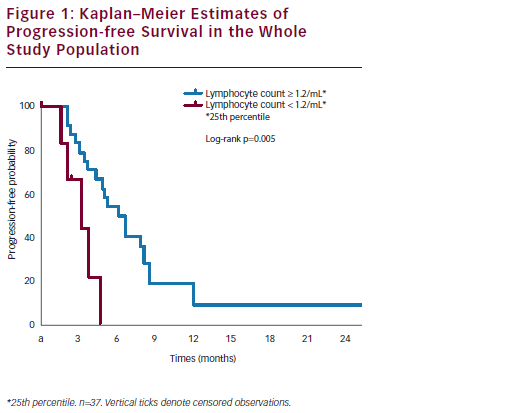It is not by chance that this issue of European Oncology & Haematology is opened by an editorial from Suhag, dedicated to the oncological scenario in developing countries, warning that there is “little light at the end of the tunnel”. It is not by chance, because almost all the following papers report, and focus, on the development of so-called precision, or personalised, medicine; a medicine that on one hand is very promising and successful, but on the other hand is demanding and expensive.
An editorial by Eskazan, and a consensus paper by Hughes and Saglio, analyses and discusses the treatment of the patients with Ph+ BCR-ABL1+ chronic myeloid leukaemia (CML) who are “refractory” to current treatment, that is to say to the tyrosine kinase inhibitors (TKIs) that are available. The great majority of CML patients do well with the TKIs, and only a few of them become refractory. These few are an example of the next application of precision medicine, but also of how difficult and expensive it is to optimise the treatment of CML beyond the current results.
Heigener, and Nguyen-Noc et al. review the targeted therapies and the immunotherapy of non-small cell lung cancer, another example of a potential success of precision medicine, but a demanding and expensive one. The same can be said for melanoma, where Grimaldi et al. review the effects of combined BRAF and MEK inhibition in patients with advanced disease.
Dr ter Hoeve and colleagues highlight how much molecular diagnostics is important in breast cancer routine practice, because advanced molecular diagnostics is a prerequisite for precision medicine. Fesnak and O’Doherty, and Cadilha et al. provide interesting and exhaustive overviews of cellular therapy of cancer, where the use of modified T-cells is already more than a chimera, but is still very limited by biologic and technical problems, and by cost.
The editorial that highlights the difficulty of exporting these new therapies to developing countries is important and timely. However, the resources are never unlimited, and they should be dedicated not only to the new expensive drugs, but also to advances in molecular diagnostics. Treatment optimisation in CML, in lung cancer, and in melanoma, has little sense if it is not guided by a sophisticated identification of the characteristics of tumour cells. Moreover, the fight against cancer competes with the fight against other non-malignant disease, like tuberculosis, malaria, hepatitis and HIV, which may be so common so as to have some priority. Progress in hygiene, food, life style and education that are so important and needed for cancer prevention, and early diagnosis is as important as precision medicine and modern immunotherapy.







